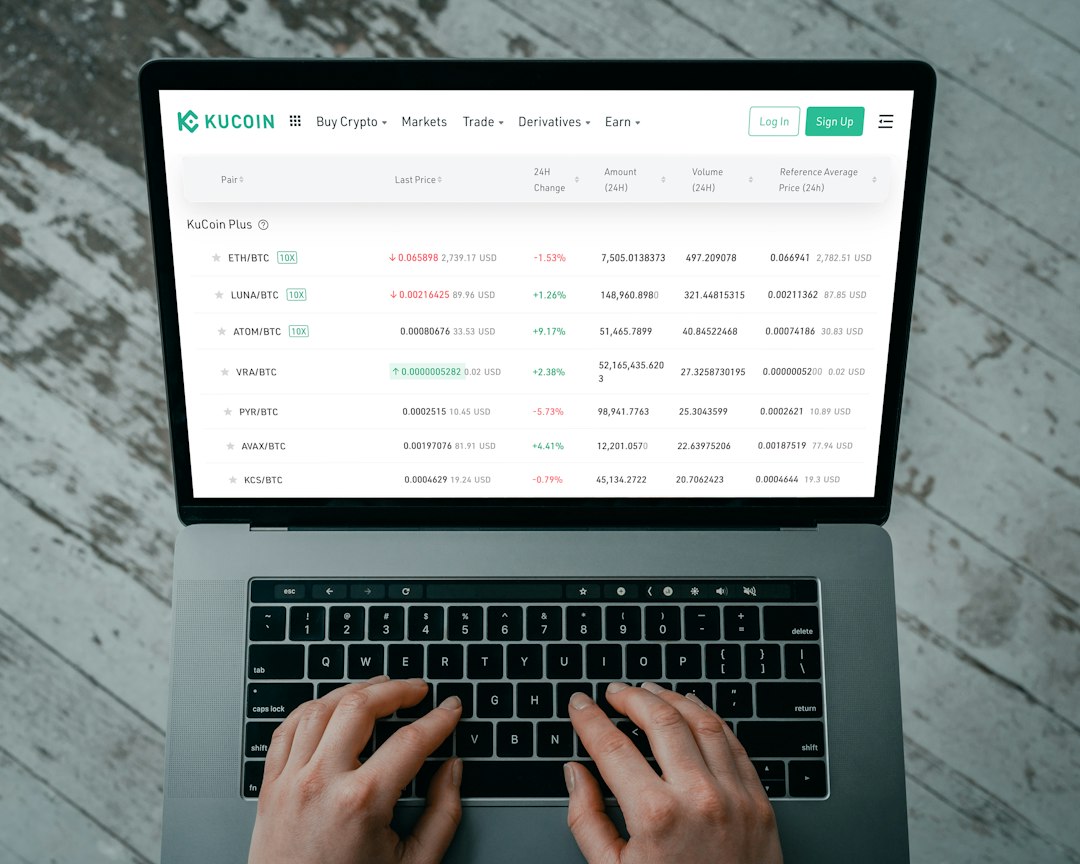The Bitcoin Inscriptions Congestion Issue
The Bitcoin blockchain is currently facing a peculiar issue, with thousands of transactions pending for approval. This backlog is a result of network congestion that has been affecting the blockchain over the past week.
Resurgence of Bitcoin Inscriptions
In early 2023, Bitcoin’s own version of non-fungible tokens (NFTs), known as Inscriptions, gained significant popularity and caused network congestion, leading to a surge in transaction fees. After a period of relative calm, interest in Inscriptions resurfaced on November 4-5, resulting in a spike in daily volume and transaction fees.
The second-highest daily volume of Bitcoin Inscriptions was recorded on November 4, with over 433,000 inscriptions. This surge led to an increase in BTC transaction fees, reaching over $5.9 on average, one of the highest levels in 2023.
Causes and Projects Driving Inscriptions
The rise in Bitcoin Inscriptions has been attributed to projects such as rats, GROK, stas, and DOG1. These projects account for the majority of transactions, contributing to the network congestion and backlog.
Unconfirmed Transactions and Backlog
As a result of the spike in Bitcoin inscriptions and higher transaction fees, over 157,000 BTC transactions remain unconfirmed on the blockchain. These unconfirmed transactions are mainly without priority, causing a significant backlog that could take days for miners to clear.
However, there has been a decline in Bitcoin inscriptions by November 7, indicating that space is being freed up for the backlog to be cleared. If this trend continues, miners may be able to clear the backlog faster. But if another surge in inscriptions occurs, it could worsen the backlog further.
Hot Take: The Impact of Bitcoin Inscriptions on Network Congestion
The recent resurgence of Bitcoin Inscriptions has once again caused network congestion and a significant backlog of unconfirmed transactions. While there has been a temporary decline in inscriptions, the potential for another surge could prolong the inconvenience for users waiting for their transactions to be approved.





 By
By
 By
By
 By
By
 By
By
 By
By
 By
By